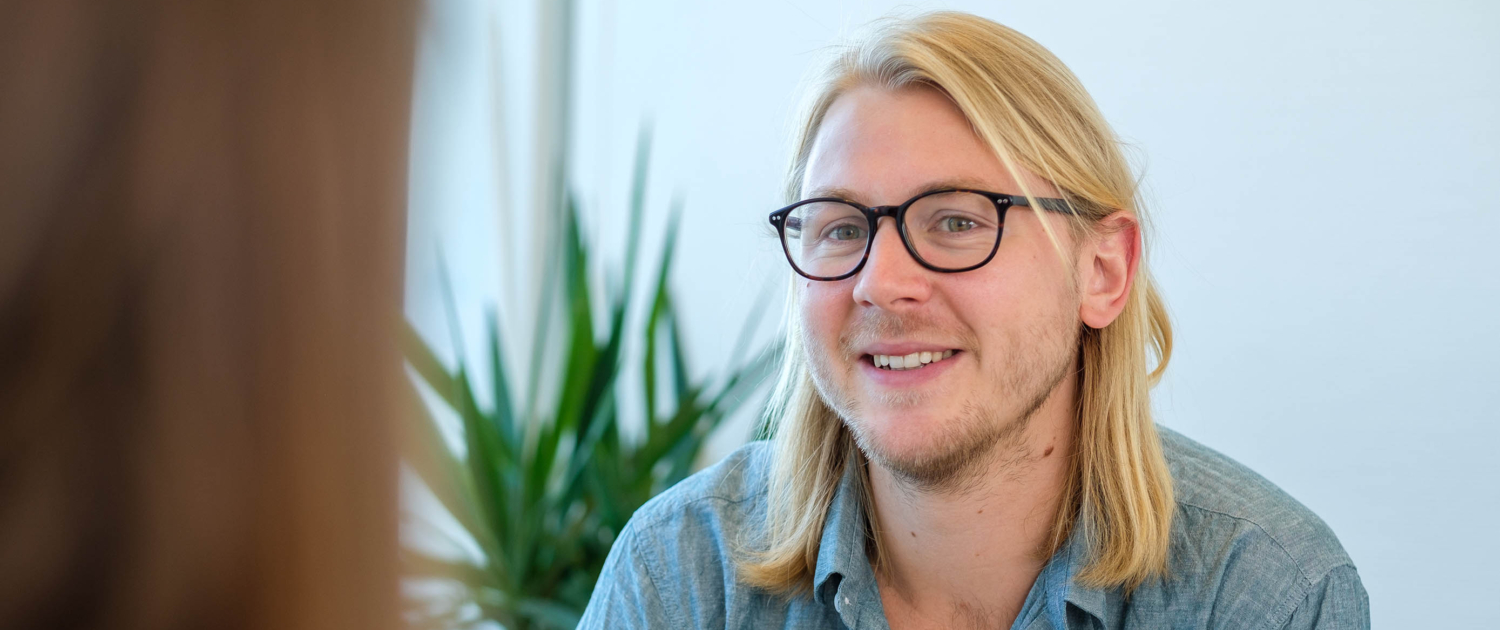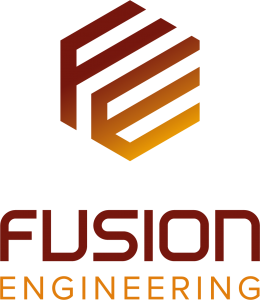Testing the Fusion Reflex Prototype
An interview with Tim Koning – Mechanical Designer of Fusion Engineering
“I really believe in our product and the team that is working on it.”
Even since his early internship days, Tim Koning has always been a valued and talented colleague in the Fusion team. From his enthusiasm for 3D printing to building his own test drones, Tim is at home in many kinds of disciplines. And then we haven’t even mentioned his professional drumming career yet.
When did you start at Fusion Engineering, and how did you find out about them?
In 2018 I was looking for a four month internship position for my masters degree Mechanical Engineering. The TU offers a list of company’s to work with, but none of them were appealing to me. Via the website of the startup program of the university I found out about Fusion Engineering. It immediately felt like the right company, because of the innovative nature and the exciting topic of drones. After my four month internship I stayed to work on my graduation thesis at Fusion as well.
You graduated from your master’s at TU Delft last year “Mechanical Engineering – Biomechanical Engineering” – how did Fusion Engineering support you during this process?
The topic of my thesis was about drones that learn how to fly using artificial intelligence. For my thesis, I had to build a platform to test on. The company at that time also needed a test platform, so there was a nice overlap between my thesis and the work at the office.
The people working at Fusion are very knowledgeable about so many different topics. I felt very privileged to have these people around during my thesis to ask for help, or just bounce ideas off of. The whole vibe at the office is very constructive and everyone is genuinely interested.
Right now, one of your primary tasks within Fusion Engineering is preparing the hardware for testing. How can implement your expertise within this role?
Mechanical Engineering is a study with a very wide spectrum of topics: You learn mechanics, but you also learn topics like programming and control theory. Preparing and testing the hardware is basically my studies in job form. I have to build mechanical structures as large as complete drones or as small as a propeller test setup, but also program the microcontrollers that capture measurement data. I enjoy working on these different aspects of engineering and every day I’m able to learn new stuff.
Testing the Fusion Reflex is done by a small tech team. What’s everyone’s role within that team?
Currently we are working on the first version of our product, the Fusion Reflex. Our team of software and control engineers is piecing together the puzzle that is our flight controller. All these pieces need to interact together to make a whole. On Fridays, we have testing days, where the individual pieces people have been working on are stitched together in some way.
Did this process change since we’re in a second corona lockdown in The Netherlands?
Since the lockdown, we have been looking for innovative ways to work remotely. Our flight controllers are now permanently connected to the internet. Our entire team can log in remotely to run tests. We also made some Raspberry Pi-based test boards connected to the internet, where different sensors can be tested remotely. For one of our latest tests, my colleague that lives in Hungary since the corona outbreak, needed to test motor resonance on gyroscope data: he told me the information he needed, I went to the office to run the tests on the physical platform, and sent him the data afterwards. Corona has definitely brought along some challenges, but it also resulted in some pretty cool innovations regarding the workflow.
How do you see the technology you’re working on right now evolve over time? Where are we in five to ten years?
I really believe in our product and the team that is working on it. In ten years I believe Fusion Engineering to have brought great innovation in the drone industry that will have opened doors regarding the many possibilities of drone flight.





